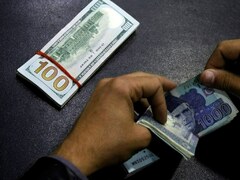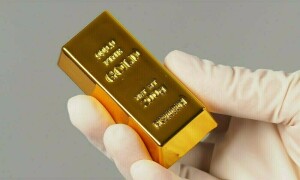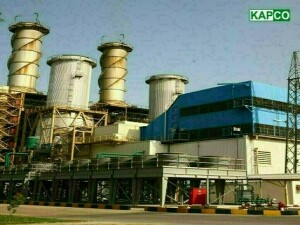Strong capital inflows from foreign investors on Friday led Brazil's stocks to a new record close and the country's currency to its strongest level in 2-1/2 years. Experts said that expectations of milder monetary policy in the United States, reflected in lower yields on US Treasury bonds, sent foreign investors looking for better returns elsewhere, especially in emerging countries like Brazil.
"There is strong buying from foreign investors. Treasuries yields fell, boosting the appetite for emerging markets assets," said Lucio Graccho, a director at HSBC Asset Management.
The Sao Paulo Stock Exchange' Bovespa index rose 0.96 percent to 26,671 points, the third record level in a row after six consecutive days of gains.
Earlier, the Bovespa fell as much as 1 percent while investors pocketed part of recent gains.
But traders said the profit-taking was short-lived as foreign investors started to pour money into the market again, grabbing the traditionally liquid shares of Telemar and Petrobras.
Shares for Tele Norte Leste Participacoes (Telemar) and for Petroleo Brasileiro SA (Petrobras) jumped 2.11 percent and 1.62 percent respectively, representing the two highest turnovers.
"Petrobras stocks are cheap and there are lots of foreigners buying them," said Pedro Batista, an analyst at Pactual bank in Rio de Janeiro.
In the first nine days of February, the stock market registered net foreign purchases worth 931.7 million reais, 201 million last Wednesday alone, when the exchange worked only half-period returning from Carnival holidays.
On the currency market, the Brazilian real strengthened 0.53 percent to close at 2.605 reais, the same level it was at 2-1/2 years ago, despite new dollar purchases by the central bank on the spot market.
Experts said the central bank action, which the monetary authority says is intended to boost the country's foreign reserves, was not enough to absorb all the capital flows from investors trying to take advantage of Brazil's high interest rates.
"Part of that move is caused by dollar inflows and another part is due to the dollar weakening against major currencies," said Mario Battistel, director of foreign exchange at Novacao brokerage.
Earlier in the day, the real lost as much as 0.19 percent of its dollar value.
BR100
15,103
Increased By
140.9 (0.94%)
BR30
42,619
Increased By
540.8 (1.29%)
KSE100
148,196
Increased By
1704.8 (1.16%)
KSE30
45,271
Increased By
438.2 (0.98%)






















Comments
Comments are closed.